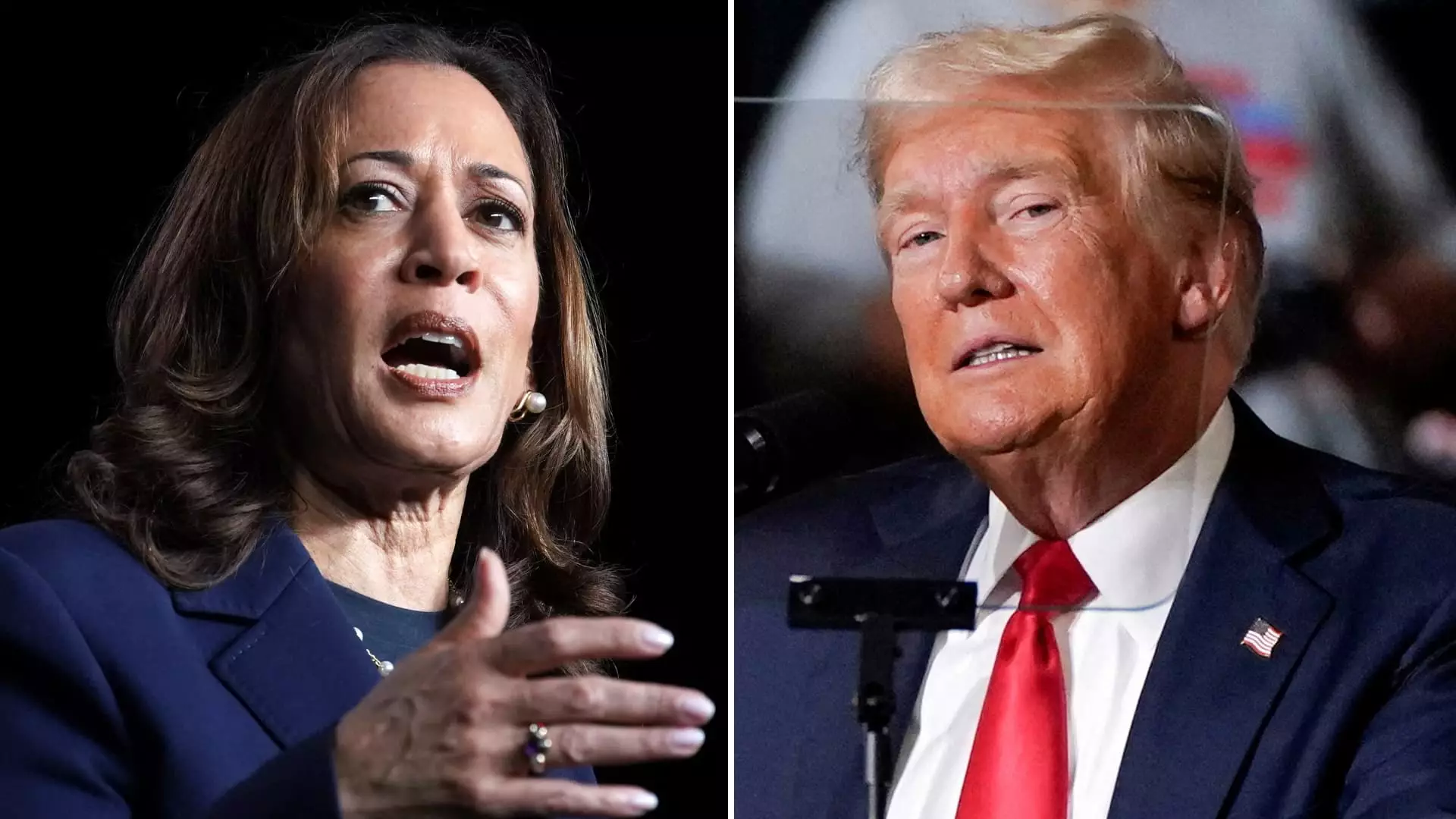The upcoming presidential election has brought the issue of taxes to the forefront. The tax cuts enacted by former President Donald Trump through the Tax Cuts and Jobs Act (TCJA) are set to expire after 2025, leaving more than 60% of taxpayers vulnerable to potential tax increases in 2026. The Tax Foundation estimates that without extensions, trillions in tax breaks, including lower federal income tax brackets, a higher standard deduction, and a more generous child tax credit, will come to an end. The expiration of these provisions could have a significant impact on the financial well-being of millions of Americans.
Policy Vs. Rhetoric
While both Democrats and Republicans have taken a stand on tax policy, the reality of negotiating tax changes remains complex. Despite criticisms from Democrats regarding certain aspects of the TCJA, experts believe that both parties will likely agree to extend the tax cuts. However, concerns about the federal budget deficit may complicate negotiations. Extending TCJA provisions and subsidized health insurance premiums could add nearly $5 trillion to federal deficits over the next decade. The gap between political rhetoric and policy reality poses a challenge for the next administration.
President Trump aims to maintain the individual and business tax cuts introduced by the TCJA. His campaign has promised significant tax cuts for families and small businesses should he win reelection. Trump has also called for imposing tariffs on imported goods, which could impact the average after-tax income of U.S. households. The President has advocated for no taxes on Social Security income, a move that could have widespread implications for retirees and the elderly.
Harris’ Economic Plan
Vice President Kamala Harris, on the other hand, has not directly addressed the extension of TCJA provisions during her campaign. However, her economic plan includes significant changes to the tax code. Harris has proposed increasing the corporate tax rate to 28%, a move that could potentially reduce the deficit by $1 trillion over the next decade. Additionally, Harris has unveiled an expanded child tax credit that could provide up to $6,000 in total tax relief for families with newborn children.
Taxes are a key issue for voters in the upcoming election. Both Trump and Harris have floated the idea of eliminating income tax on tip income, a proposal that has garnered attention in the service industry. Despite bipartisan support for the idea, critics argue that the measure could face administrative challenges and potential abuse. The question remains: what is the underlying policy rationale for these proposed tax changes?
As the election approaches, the battle over taxes between Trump and Harris highlights the divergent views on how to address the country’s economic challenges. While Trump seeks to maintain the tax cuts introduced during his presidency, Harris proposes significant changes to the tax code that could impact both individuals and businesses. The outcome of this debate will have far-reaching implications for the future of the U.S. economy and the financial well-being of American taxpayers.

Leave a Reply